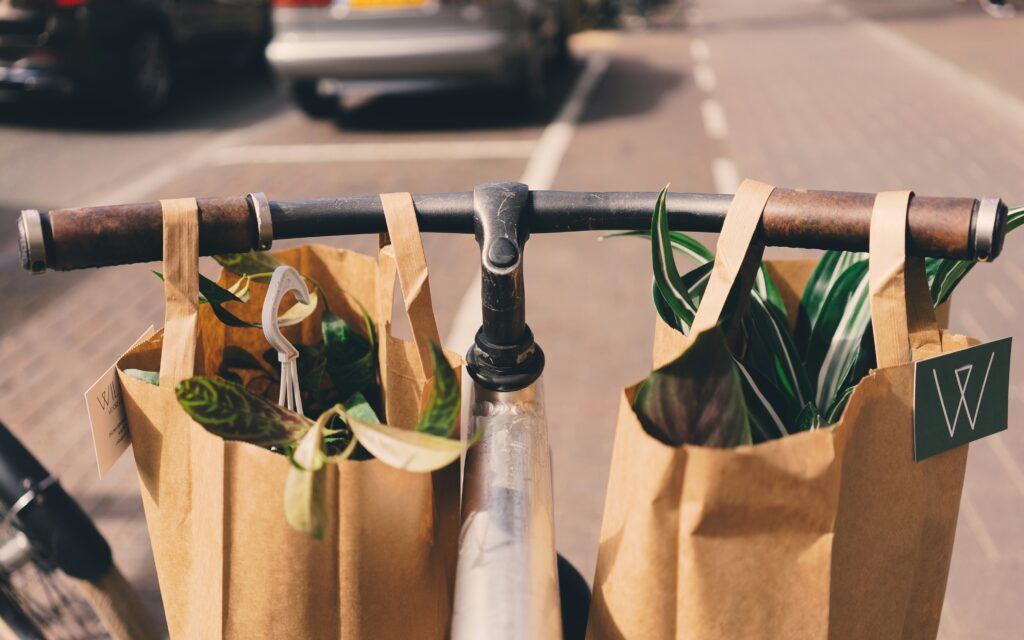
kindness score
Key facts: The capital, Manila, has the largest homeless population of any city in the world: 3.1 million. (IBT, 2014). A quarter of the population lives below the national poverty line (World Bank, 2012).
kindness score

kindness score

Key facts: Pakistan has 22.3% of it’s population living below the poverty line and an average annual income of just £980.
A history of philanthropy: Indonesia has a host of rags-to-riches stories, people who’ve made their fortunes and are keen to give back. The ‘Changing Lives’ initiative is a key example of philanthropy by people who want to give something back to their home nation.
What is the 'Kindness Intent' score?
To fairly compare countries with differing GDPs and population of internet users, we used a calculation based on GDP per capita and number of searches for [helping people]. First we worked out a scale for the countries based on (number of searches for helping people / number of internet users). We then worked out a scale for (% internet usage x GDP per capita). The first scale was then divided by the latter.
- Philippines 29.4
- Pakistan 23.68
- Indonesia 4.76
- India 4.31
- Bangladesh 3.91
- South Africa 3.22
- Australia 3.03
- Thailand 2.61
- Belgium 2.36
- Malaysia 2.23
helping people vs how to get rich
search for helping people every month in the US
United States of America had the highest number of [helping people] searches, without taking population and GDP per capita into account. This tallies with Mashable’s 2015 research, placing the United States in second place in term of philanthropic nations.
search for ‘how to get rich’, every month in Brazil
Brazil had the highest number of searches for [how to get rich] (como ficar rico). Perhaps it’s because “Brazil is the most expensive emerging market nation, and the locals are feeling it”, according to The Economist magazine’s Big Mac Index (a benchmark set by the cost of a Big Mac burger in different countries). According to Forbes.com, “despite a weaker currency, Brazil’s cost of living is on the rise. For those living there, it’s a cause of frustration.”
the kindest continent?
As a proportion of searches for ‘how to get rich’ vs. ‘helping people’, Asian countries accounted for 11 of the top 15 in our study.
%
of countries in the top 15 ‘how to get rich’ vs ‘helping people’ search proportion
Ratio of searches for [how to get rich] / [helping people].
Avg. monthly volumes are in brackets
- Saudia Arabia (70/40) 36.4%
- Qatar (20/10) 33.3%
- Philippines (590/260) 30.6%
- Turkey (70/30) 30%
- United Arab Emirates (110/40) 26.7%
- Indonesia (320/110) 25.6%
- Pakistan (170/50) 22.7%
- Vietnam (70/10) 22.2%
- India (1300/320) 19.8%
- Malaysia (320/70) 17.9%
- Israel (50/10) 16.7%
- Thailand (110/20) 15.4%
- Sweden (390/70) 15.2%
- Belgium (390/70) 15.2%
- Australia (1300/210) 13.9%
South America the least caring?
This might be explained by income inequality gaps in South American countries featured in our research, such as Brazil. Money is tight and, on face value, the rich seem to do little to help reduce the gap. It’s perhaps little wonder that South American countries can’t afford – literally – to place ‘helping people’, high on their list of search intent. This is highlighted by the BBC’s Battling Brazil’s income inequality feature.
Interestingly, southern european countries also scored poorly in comparison to their neighbours in the North; a similar picture to the Americas.
Africa sits in third place on the rankings of continents. Although our study only features South Africa and Nigeria, Africa as a whole accounts for 19 of the world’s 23 poorest countries, according to Global Finance Magazine, as covered by Business Insider.
- Asia 3.72
- Australasia 3.03
- Africa 1.95
- North America 1.69
- Europe 0.93
- South America 0.7
Summary and full rankings
Check out this link for the full rundown of the world’s nations – ranked by charitable search intent. This study is purely for online search intent and doesn’t take into account the vast amounts of fundraising and philanthropy that takes place outside the realms of Google search data.
What do you make of the results and insight? Would you add any variables to the data? Have you experienced examples of charitableness / lack of, in the countries featured, which correlates with or differs from the results above? Leave a comment below and feel free to share on social media.








